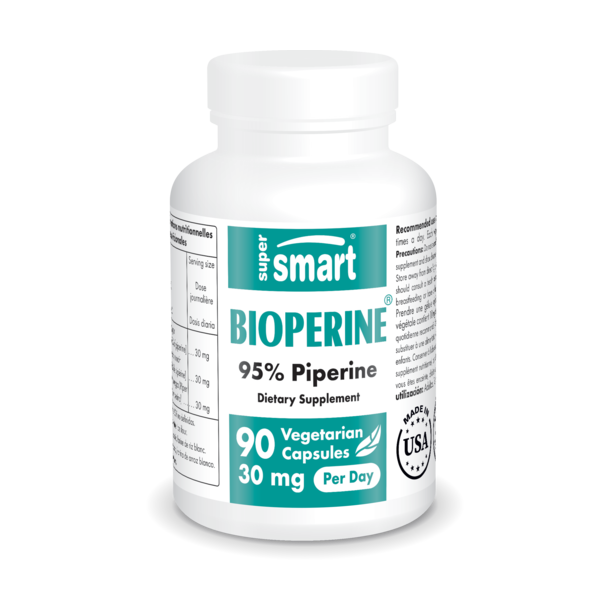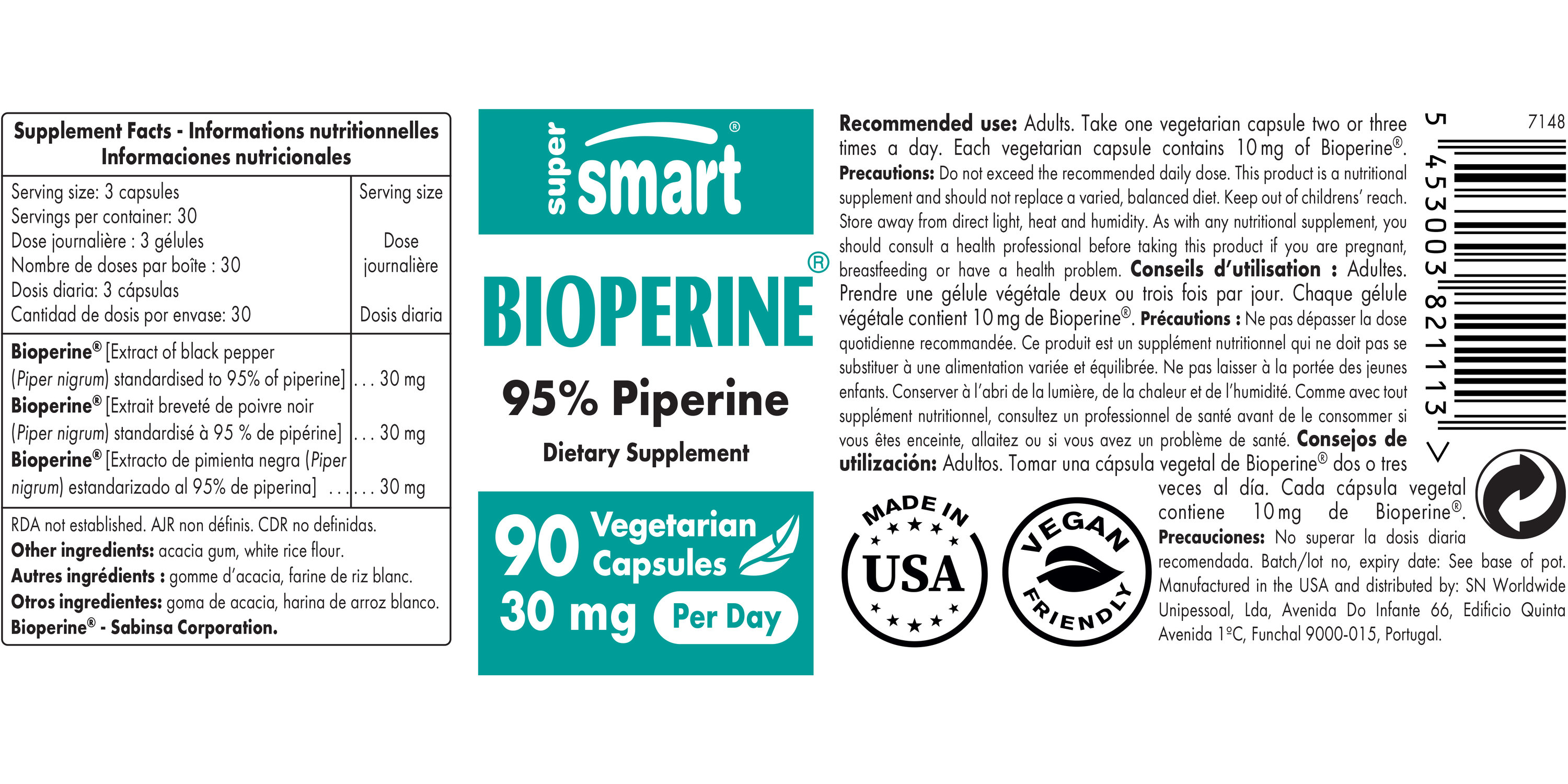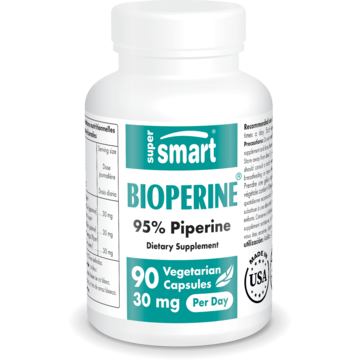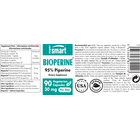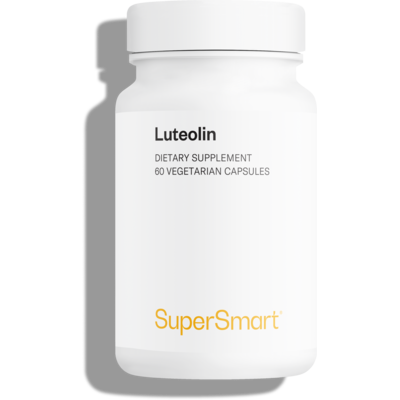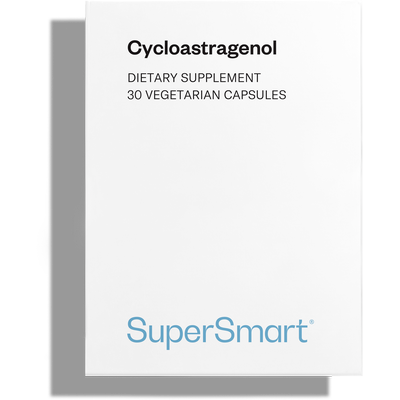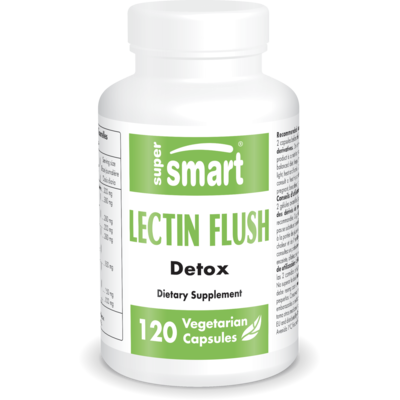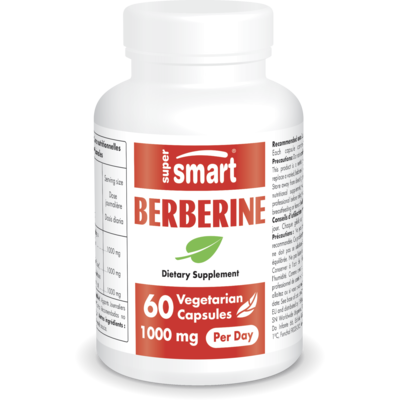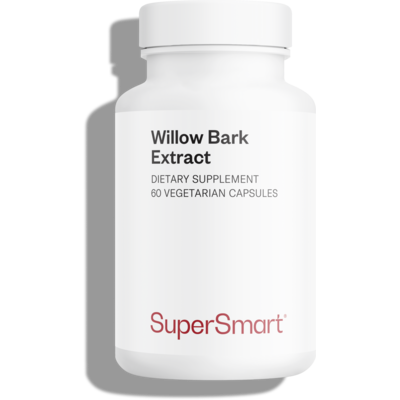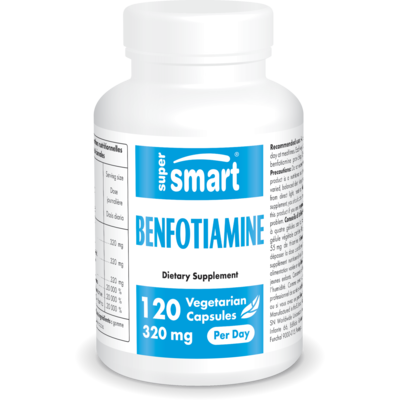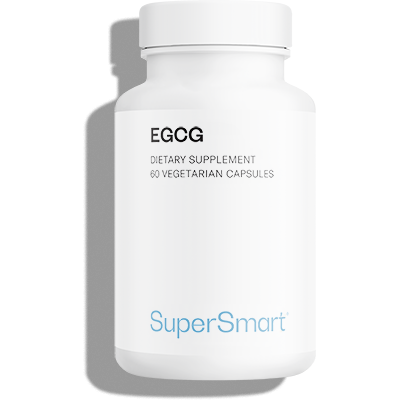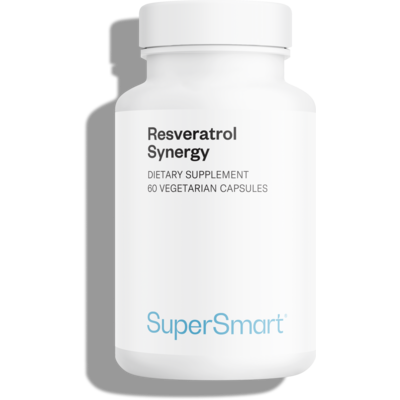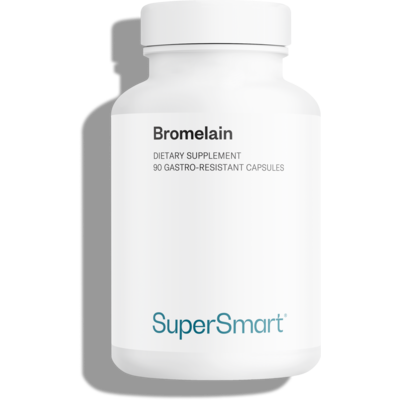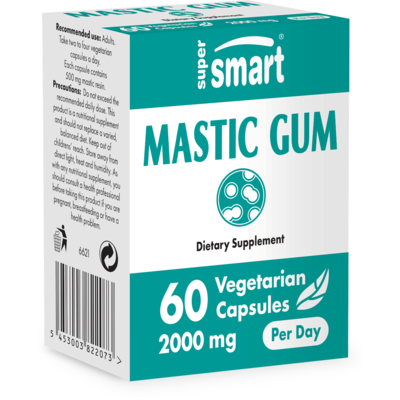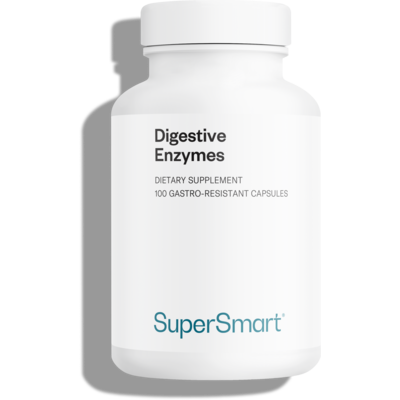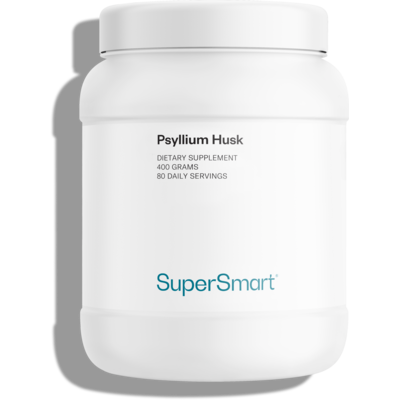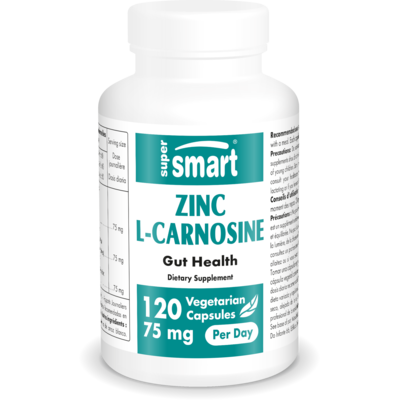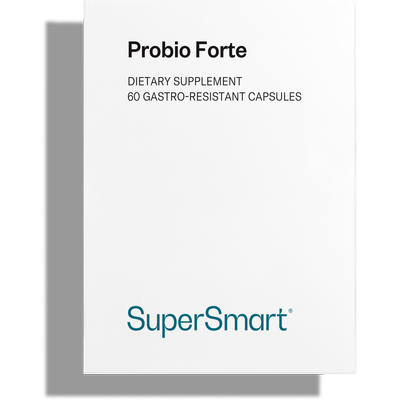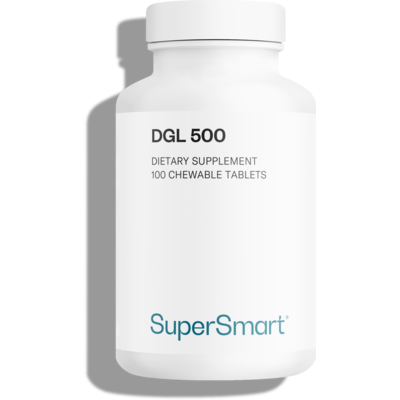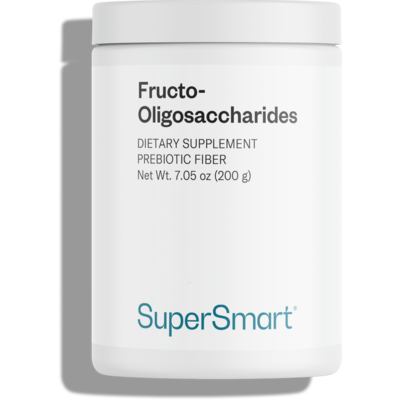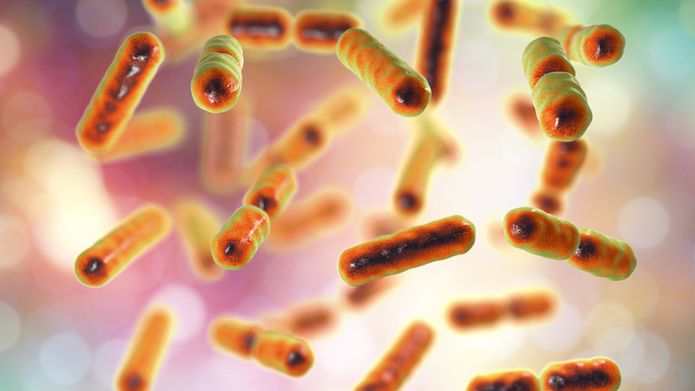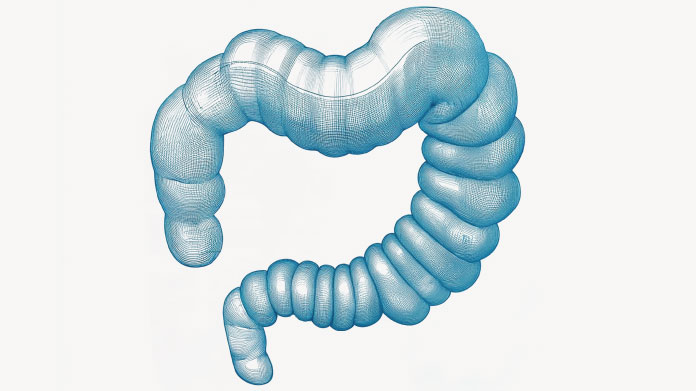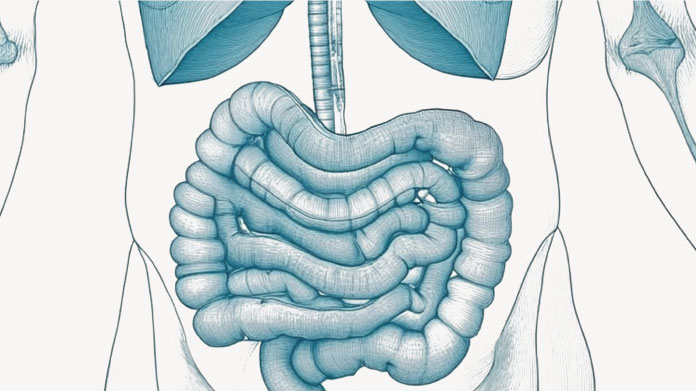In Stock
Bioperine®
Bioperine – Black Pepper Supplement for Digestion and Nutrient Absorption *
Create Your Offer
Bioperine® is a highly concentrated black pepper extract (Piper nigrum), standardized to 95% piperine, designed to help support digestive health and nutrient bioavailability.*
What is Piperine?
Naturally found in black pepper, piperine is responsible for its spicy flavor.* For more than two decades, it seems to have been studied for its ability to potentially help enhance nutrient absorption.*
Piperine may be viewed as a key component in traditional Ayurvedic practices and be known for its synergistic use in formulations aimed at improving digestion and metabolic function.*
Modern studies seem to suggest that it may help enhance the bioavailability of certain nutrients, including selenium and vitamin C, by possibly notable margins.* Here are a few examples of micronutrients that may show improved absorption when combined with piperine:*
- Curcumin;*
- Iron;*
- Resveratrol;*
- Selenium;*
- Vitamin B6;*
- Beta-Carotene;*
- Extracts of Boswellia serrata;*
- Extracts of Ginkgo biloba;*
- Proteins from dietary sources.*
Potential Mechanisms of Action of Bioperine®*
Bioperine® may help support absorption through three mechanisms of action:*
- It may help increase intestinal activity of glycoprotein-P, which might be involved in the transport of nutrients.*
- It might influence the process of glucuronidation by potentially modulating glucuronic acid levels and certain transferase enzymes, which could support the natural removal of compounds through urine.*
- It could help boost thermogenesis, a process that may support nutrient uptake by stimulating the release of thermogenic messengers such as catecholamines.*
Potential Benefits Associated with Bioperine®*
In addition to potentially optimizing bioavailability, piperine may offer digestive benefits.* In fact, it might:*
- Help support absorption of nutrients such as curcumin, selenium, resveratrol, vitamin B6, and iron.*
- Contribute to digestive enzyme activity such as salivary amylase and trypsin (an enzyme present in pancreatic juice, that may help break proteins).*
- Play a role in supporting digestive comfort and efficiency.*
Note: because piperine may influence the absorption of certain compounds, including some medications, it is recommended to consult a healthcare professional before combining this supplement with any prescription treatments.*
How is Bioperine® Produced?*
Black pepper (Piper nigrum) is a tropical climbing vine that seems to thrive in forested, equatorial regions between 15 degrees north and 15 degrees south latitude.* It may be widely cultivated for its pungent berries, also known as drupes.*
The berries are harvested when they begin to turn red – a potential indicator that their essential oil content is at its peak.* After harvesting, they are deseeded, sun-dried until they darken, and briefly heated in boiling water to help release heat-stable enzymes.* The final step involves open-air drying and the removal of the outer layer to prepare them for extraction.*
In the case of Bioperine®, the black pepper extract is carefully standardized to deliver a concentrated 95% piperine content.*
While piperine can be produced synthetically in laboratory settings using specific enzymes like piperotransferase, Bioperine® delivers piperine in its natural form – extracted directly from black pepper drupes.*
WARNINGS
Do not exceed the recommended daily dose. This product is a nutritional supplement and should not be used as a substitute for a varied and balanced diet or a healthy lifestyle.
STORAGE
Store in a cool, dry place away from direct sunlight, heat, and humidity. Keep out of reach of children.
PREGNANCY AND MEDICAL CONDITIONS
If you are pregnant, breastfeeding, or have any medical conditions, consult your healthcare provider before using this product.
SUPPLEMENT INTERACTIONS
Consult your healthcare provider before use, especially if you are taking any medications or other supplements as there may be potential interactions.
Need Help?
Phone
+1 (786) 522-3907
From 9 am to 6 pm (EST)
You May Also Like

